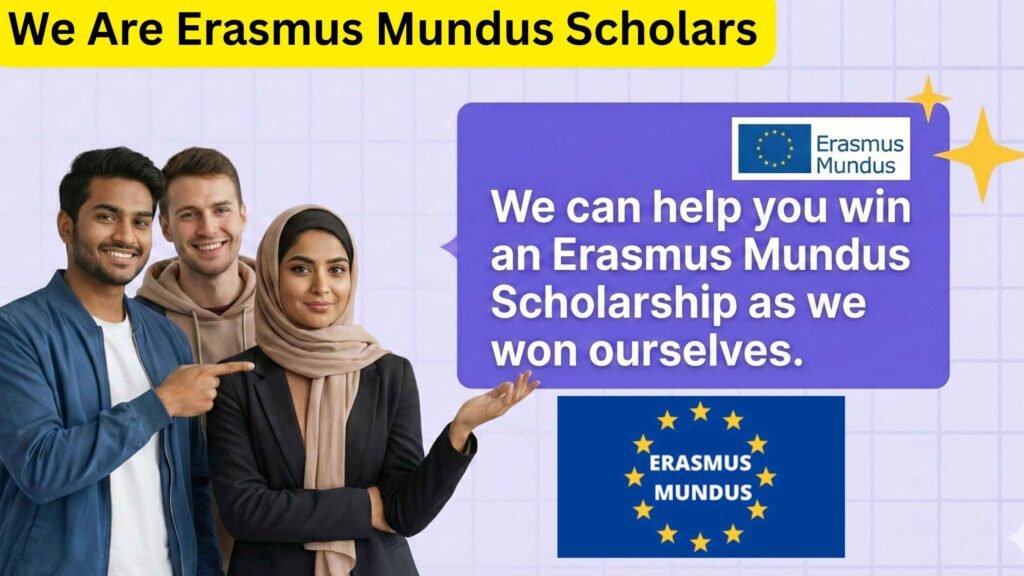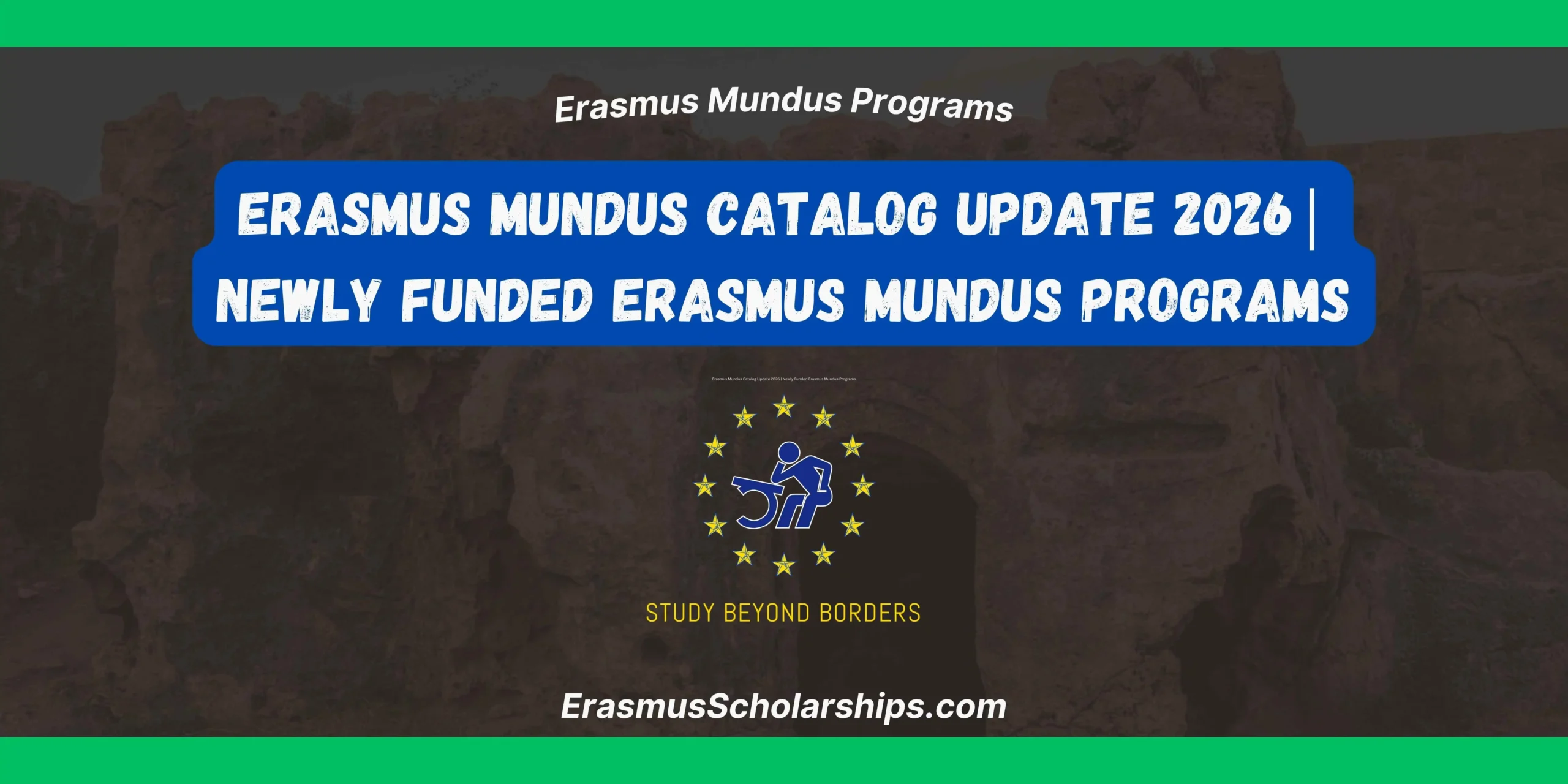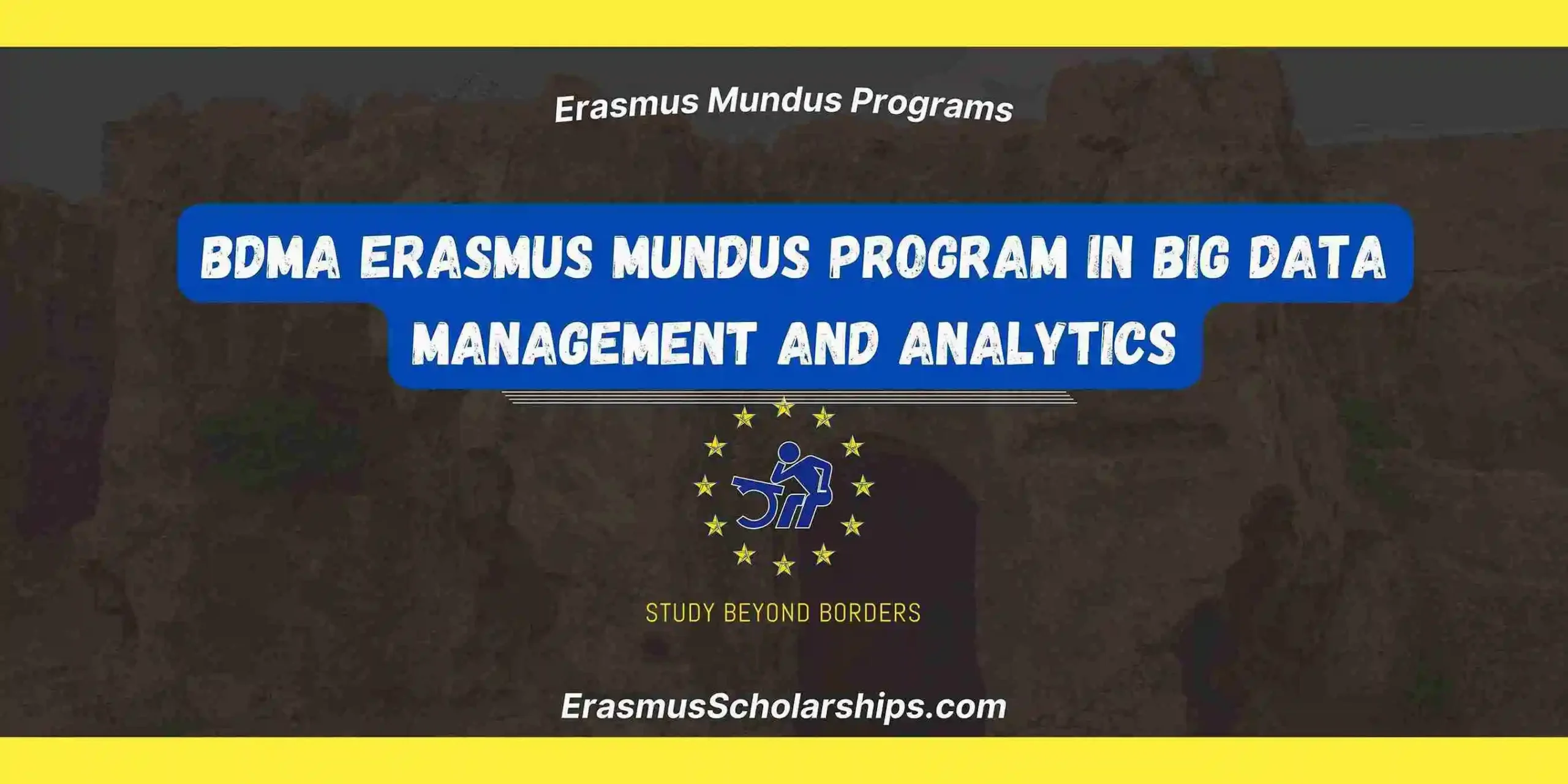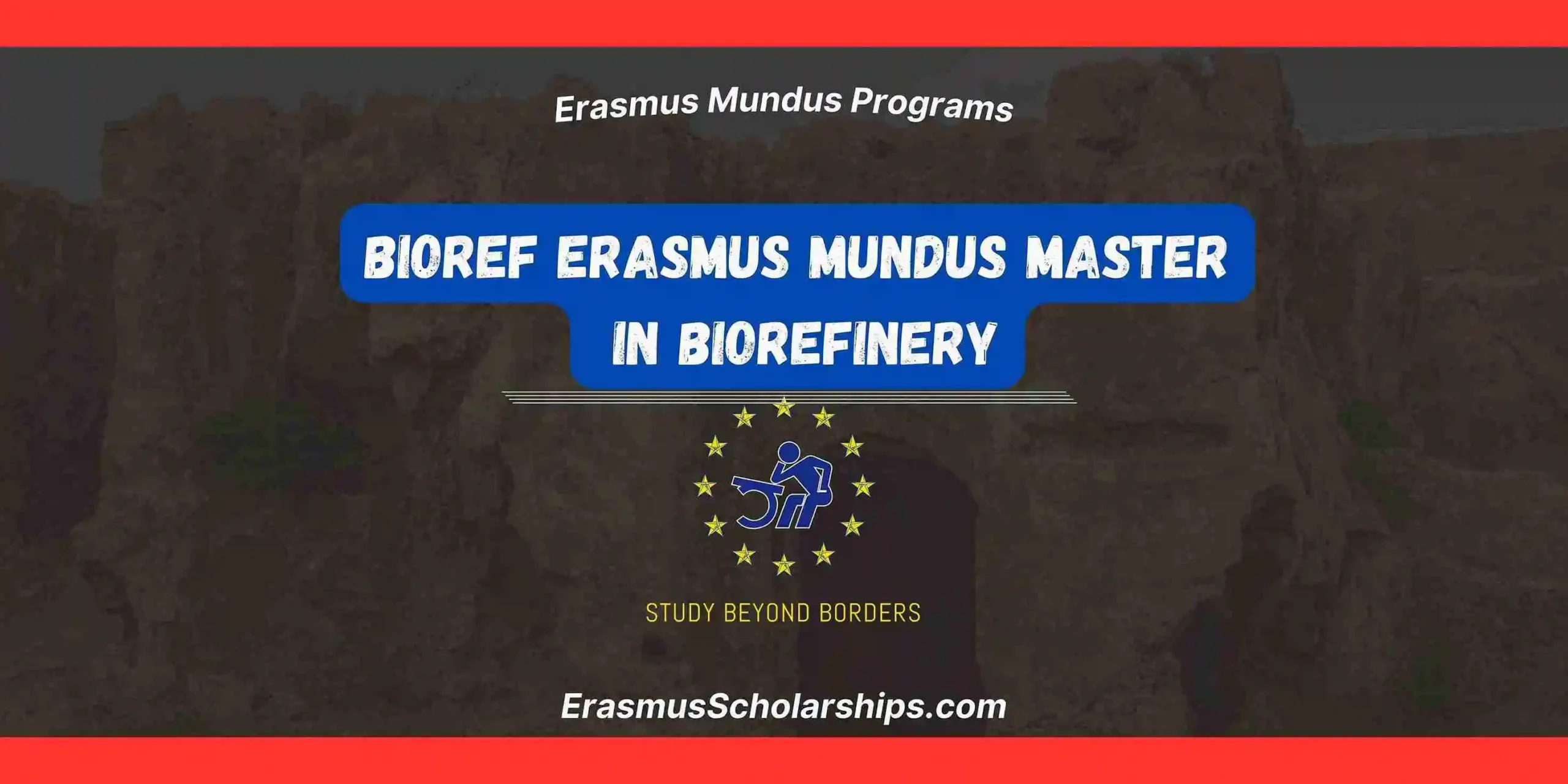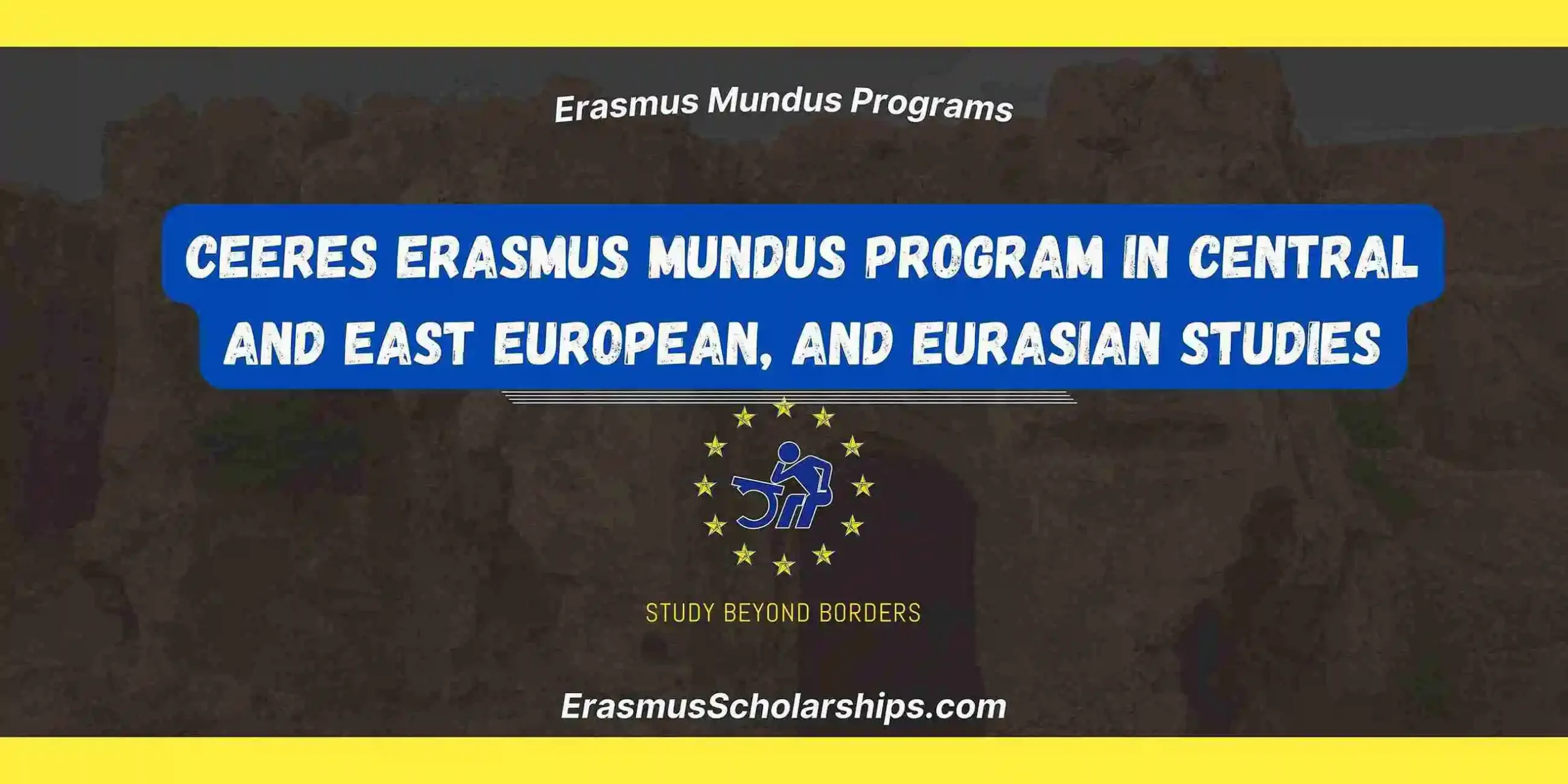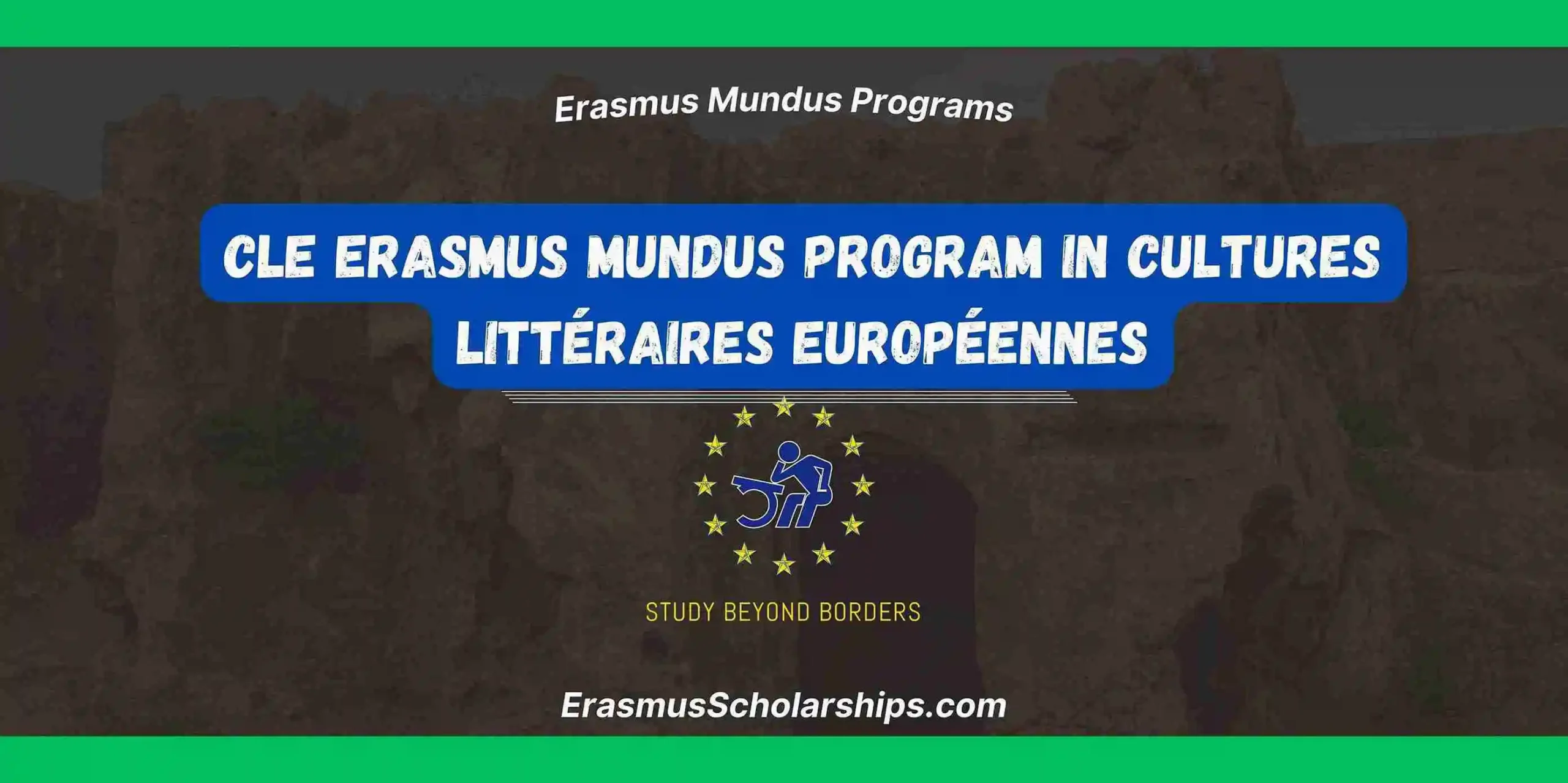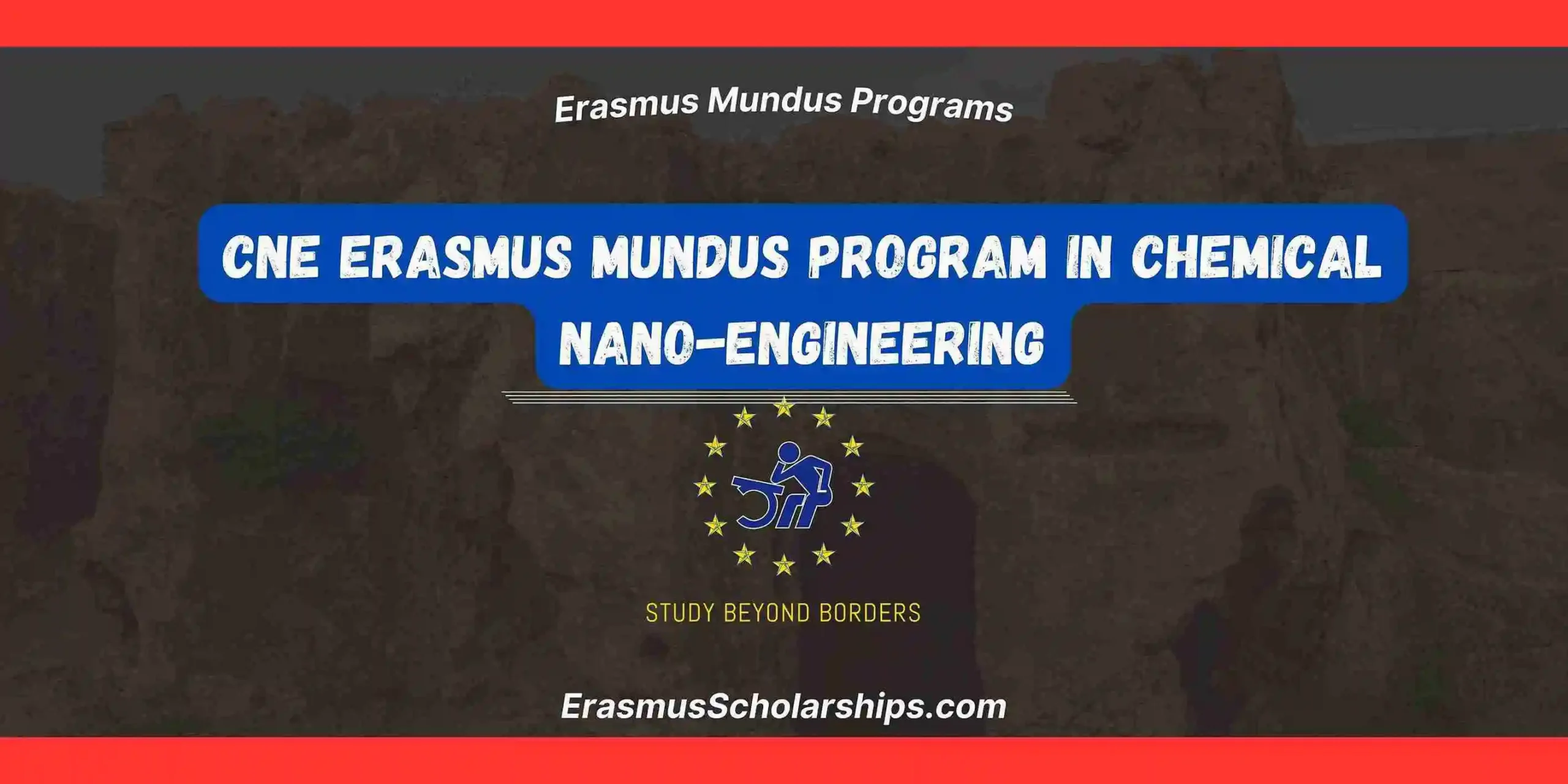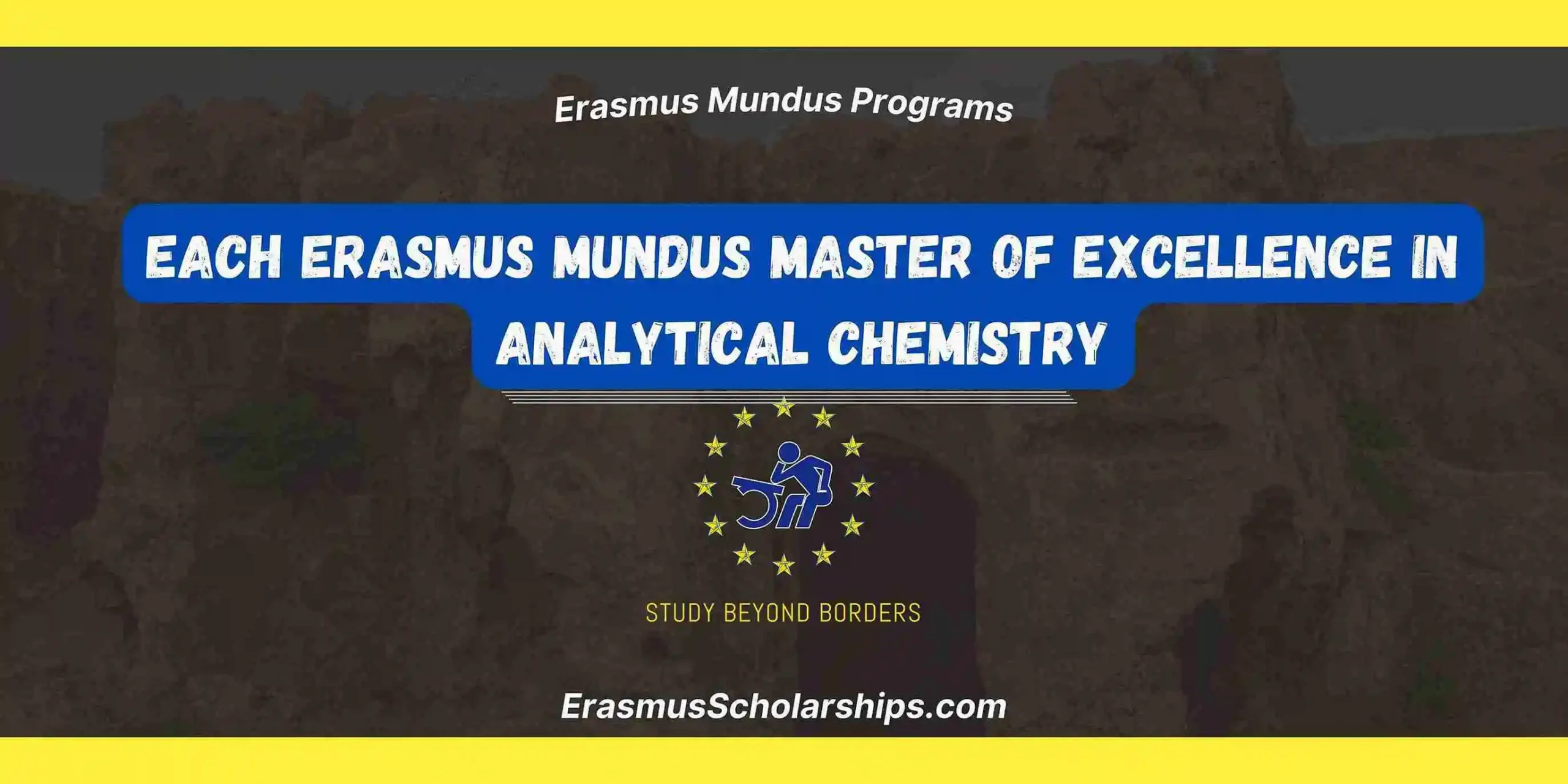The LCT Erasmus Mundus Master Program in Language and Communication Technologies is a dynamic two-year, double-degree programme designed to equip its graduates with cutting-edge expertise at the crossroads of computational linguistics, language technology, computer science, and AI. Delivered entirely in English, the programme emphasizes both theoretical understanding and hands-on skills in areas such as natural language processing, deep learning, and communication technologies. Each student undertakes studies at two different European universities within the consortium—one academic year at each institution allowing for an immersive cross-cultural and cross-institutional experience.
Founded in 2006, the LCT programme has enjoyed periods of Erasmus Mundus funding (2007–2011, 2013–2017) and successfully reclaimed support for the 2020–2023 intakes. As of today (summer 2025), the programme is transitioning into a self-funded model for incoming students, while maintaining its high academic standards, rich mobility experiences, and supportive consortium structures.
Project Status
- Status: Ongoing
- Start date 01-09-2019
- End date 31-08-2025
- Action Type: Erasmus Mundus Joint Master
- Universities Involved
- Countries Involved
The LCT Erasmus Mundus program is a Master’s in Language and Communication Technologies offered by leading European universities.
| Germany |
| France |
| Malta |
| Italy |
| Netherlands |
| Spain |
This cross-border collaboration allows students to gain an international perspective while studying and researching in the heart of Europe’s academic and industrial hubs.
Description of the LCT Erasmus Mundus Program
The LCT Erasmus Mundus program is an integrated, dual-degree, two-year master’s course that blends tools and ideas from computational linguistics, language technology, theoretical linguistics, and computer science. It prepares graduates for advanced roles in natural language processing, AI, and beyond by developing core competencies through common modules, specialized tracks, internships, summer schools, and a jointly supervised master’s thesis.
Key Features of the LCT Erasmus Mundus Program
- Double degrees awarded from two European universities
- 120 ECTS, completed over four semesters (two years)
- Mobility required: one year at each of two partner universities
- Summer Schools: Induction, soft skills, career development, thesis support, alumni networking
- Interdisciplinary tracks: Digital Language Resources; Natural Language Algorithms & Applications; Language Data Science
- Internship + master’s thesis with joint supervision
- Tuition fees: €8,500/year for non-EU students; €4,250/year for EU studentsl
Mobility Tracks of the LCT Erasmus Mundus Program
- Semester 1 (University 1) – Core modules in computational linguistics, language technology, and related foundations + Summer School (induction).
- Semester 2 (University 1) – Specialized modules (choose track: Digital Language Resources / Natural Language Algorithms & Applications / Language Data Science).
- Semester 3 (University 2) – Free choice courses, soft skills training, internship, + Annual Meeting.
- Semester 4 (University 2) – Master’s Thesis (jointly supervised by both universities) + Summer School (career development & thesis support).
Admission Requirements
- Bachelor’s degree (completed or projected) in computational linguistics, language tech, cognitive science, computer science, AI, mathematics, etc.; subject to consortium approval
- English proficiency (TOEFL, IELTS, or Cambridge certificates)
- Application completeness, academic excellence, interdisciplinary background, motivation, and potential to benefit from the program
How to Apply for LCT Erasmus Mundus Program
- Submit the online application form by the deadline
- Provide CV, degree certificate, transcript, language proof, ID document
- List two referees for recommendation letters (referees upload directly
- Optional: indicate preferences for host/partner universities
Tips to Win the LCT Erasmus Mundus Program
- Highlight academic excellence in relevant fields and your interdisciplinary edge
- Emphasize motivation, why LCT, why this combination of languages and tech, and how you’ll thrive
- Secure strong referees aware of your research potential and communication skills
- Tailor personal statement: show how your goals align with LCT’s tracks and mobility model
- Apply early, ensure flawless documentation, mention host preferences strategically
Application Timeline
- Opens: November
- Deadline: February
- Enroll: Starting September following selection
Curriculum Structure of the LCT Erasmus Mundus Program
- Year 1: Core modules in computational linguistics, language tech, theoretical linguistics, and computer science. Summer school for induction.
- Year 2: Specialization track modules, internship, thesis development with supervisors from both universities. Summer school focusing on career development and thesis preparation.
Coordinator Contact
email: lct-admin(at)lst.uni-saarland.de
Frequently Asked Questions (FAQs)
What is the LCT Erasmus Mundus Program?
The LCT Erasmus Mundus Program is a two-year, double-degree Master’s in Language and Communication Technologies, combining computational linguistics, language tech, and AI across two European universities.
How does the mobility work in the LCT Erasmus Mundus Program?
Students in the LCT Erasmus Mundus Program study at two different partner universities—one year at each—earning a double degree jointly supervised by both institutions.
What are the admission requirements for the LCT Erasmus Mundus Program?
Applicants to the LCT Erasmus Mundus Program need a relevant Bachelor’s degree (e.g., computational linguistics, computer science, mathematics, AI, or related fields) and proof of English proficiency (TOEFL, IELTS, or Cambridge).
What is the duration of the LCT Erasmus Mundus Program?
The LCT Erasmus Mundus Program spans two academic years (four semesters) with a total of 120 ECTS credits.
What career opportunities are available after the LCT Erasmus Mundus Program?
Graduates of the LCT Erasmus Mundus Program pursue careers in natural language processing, artificial intelligence, software development, computational linguistics research, and academic teaching roles across Europe and worldwide.

